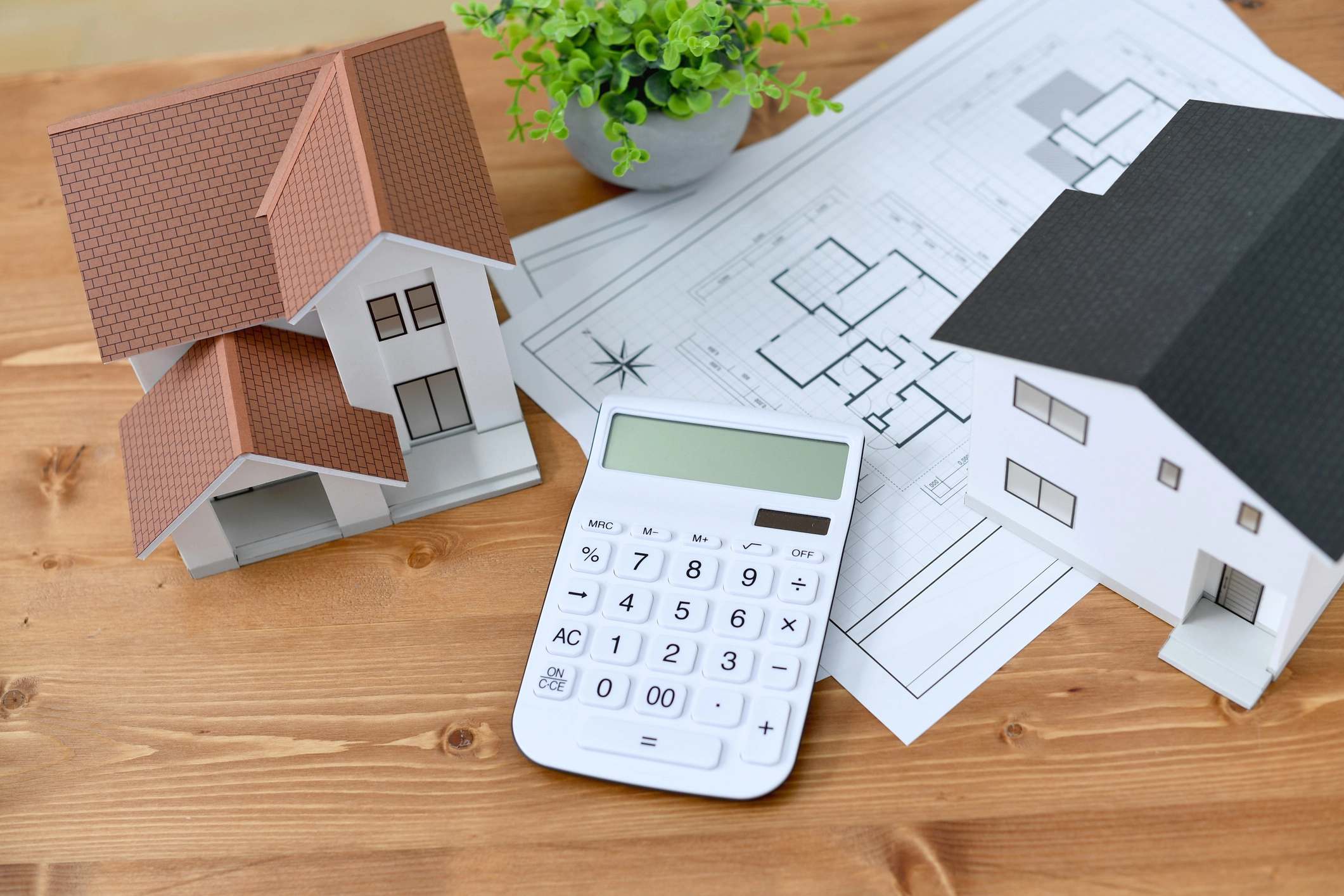Home Equity Loans

Home equity is the portion of your property that you truly own. It is calculated by subtracting the outstanding balance on your mortgage from the current market value of your home. As you pay down your mortgage or as your home’s value increases, your equity grows.
Unlock Your Dream Home
At Lime Financial Services, our trusted mortgage brokers offer free, expert advice tailored to your unique needs. Discover how we can help you achieve your homeownership goals today.
Types of Home Equity Loans
- Home Equity Loan: This is a lump-sum loan with a fixed interest rate, allowing homeowners to borrow against their equity. It’s ideal for major expenses like home renovations or debt consolidation.
- Home Equity Line of Credit (HELOC): A HELOC provides a revolving line of credit that you can draw from as needed, similar to a credit card. It typically has a variable interest rate and is suitable for ongoing expenses.
Benefits of Home Equity Loans
- Lower Interest Rates: Home equity loans often have lower interest rates compared to unsecured loans or credit cards, making them an attractive option for financing large expenses.
- Tax Benefits: In some cases, the interest paid on home equity loans may be tax-deductible. It’s advisable to consult with a tax advisor to understand the specific benefits applicable to your situation.
- Flexibility: HELOCs offer flexibility, allowing you to borrow only what you need and pay interest only on the amount borrowed.
How to Use Home Equity Loans
Funding Home Renovations
Using a home equity loan for renovations can increase your property’s value, thereby potentially increasing your equity further. Renovations such as kitchen upgrades or adding a new room can provide a good return on investment.
Debt Consolidation
Home equity loans can be used to consolidate high-interest debts into a single, more manageable payment with a lower interest rate. This can simplify your finances and reduce monthly payments.
Investing in Property
Leveraging your home equity to invest in additional property can be a strategic move to build wealth. However, it’s crucial to assess the risks and ensure that the investment aligns with your financial goals.
Risks and Considerations
- Market Fluctuations: A decline in property values can reduce your equity, potentially leaving you with a loan that exceeds your home’s value.
- Repayment Challenges: Failing to repay a home equity loan can result in foreclosure, as your home is used as collateral.
- Variable Rates: HELOCs often come with variable interest rates, which can lead to unpredictable monthly payments.
Steps to Secure a Home Equity Loan
- Assess Your Equity: Determine how much equity you have in your home by evaluating its current market value and subtracting your mortgage balance.
- Evaluate Your Credit: A good credit score can improve your chances of securing a favorable interest rate.
- Shop Around: Compare offers from various lenders to find the best terms. Consider factors such as interest rates, fees, and repayment terms.
- Consult a Financial Advisor: Before proceeding, consult with a financial advisor to ensure that a home equity loan aligns with your financial strategy.
Home equity loans can be a powerful financial tool when used wisely. They offer the benefits of lower interest rates and potential tax advantages, but they also come with risks that require careful consideration. By understanding how these loans work and planning strategically, homeowners can leverage their equity to achieve financial goals such as home improvements, debt consolidation, or property investment. Always ensure that you are informed and prepared to manage the responsibilities that come with borrowing against your home equity.
Frequently Asked Questions (FAQs)
A home equity loan provides a lump sum of money with a fixed interest rate and monthly payments, while a HELOC is a revolving line of credit with a variable interest rate that allows you to borrow as needed.
Home equity is calculated by subtracting the outstanding mortgage balance from the current market value of your home. You can estimate your home's value by researching recent sales of similar properties in your area or consulting a real estate agent.
Costs may include application fees, appraisal fees, closing costs, and potential prepayment penalties. It's important to ask lenders for a detailed list of fees before applying.
Eligibility typically depends on factors such as your credit score, loan-to-value ratio, and debt-to-income ratio. Lenders may also require proof of income and a recent home appraisal.
The processing time can vary, but it generally takes between 15 to 55 days from application to funding, depending on the complexity of the loan and the need for an appraisal.
Interest may be tax-deductible if the loan is used for home improvements that substantially improve the property. It's advisable to consult a tax advisor for specific guidance.
The primary risk is that your home is used as collateral, meaning you could face foreclosure if you fail to make payments. Additionally, market fluctuations could affect your home's value, potentially impacting your equity.


